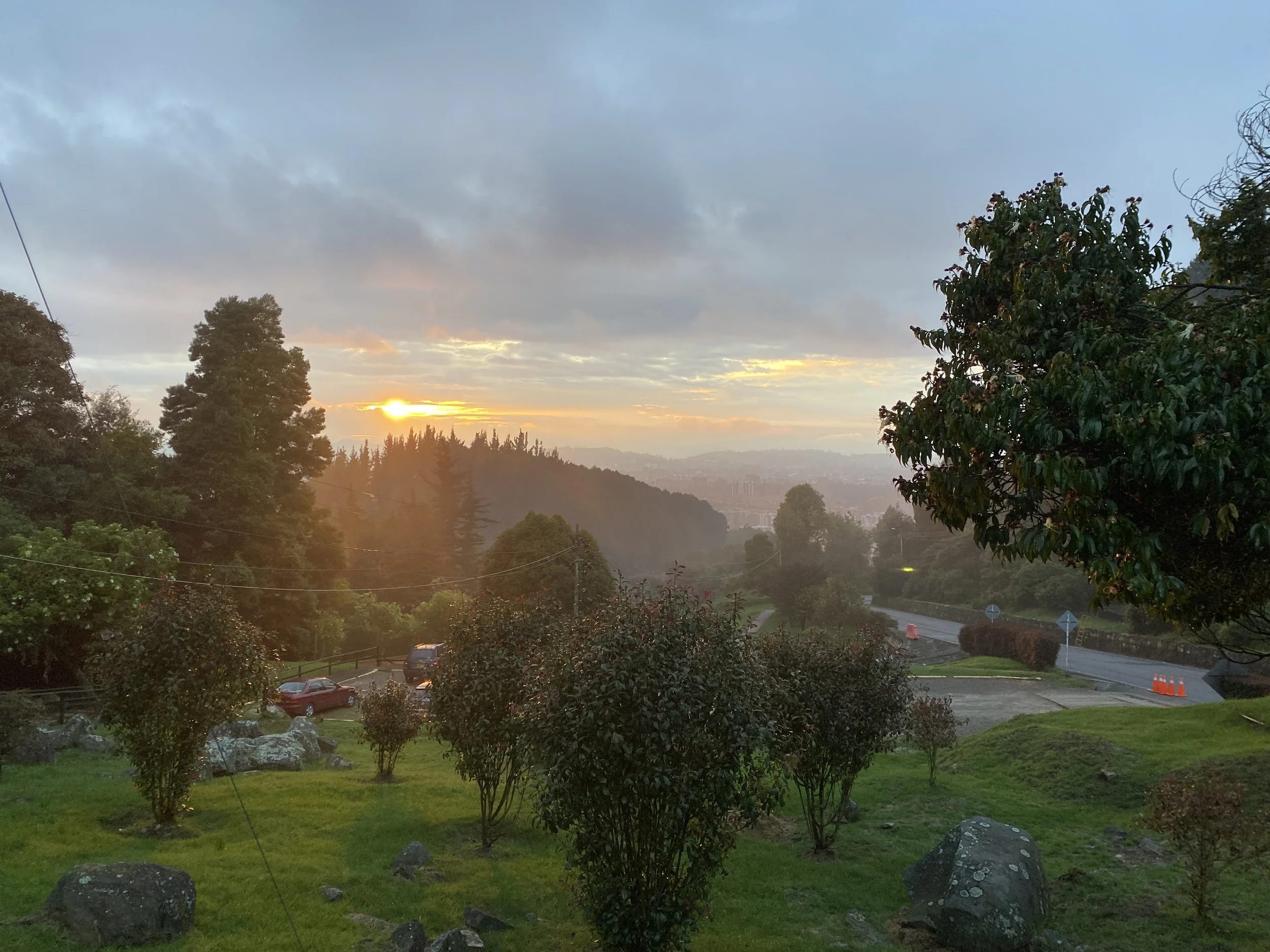Corporate Accountability in Transitional Justice
Around the world, economic actors -- including individuals, multinationals, and others in the private sector -- are complicit in human rights and environmental abuses during conflicts or under authoritarian regimes. Foreign and domestic companies, large and small, leverage conflicts so that displacement, violence, and land grabbing by governments and illegal armed groups align with their business interests. Yet when societies enter formal and informal transitional justice processes for both legal justice and social reckoning with the atrocities that occurred, corporate actors are often ignored. This impunity leaves impacted communities without redress, maintains abusive power structures, and undermines sustainable peace by preventing a full reckoning with the past and the establishment of measures to avoid recurrence. CAL uses a human-centered approach to holding companies and other economic actors accountable, by centering victims, survivors, and affected communities in designing strategies. So far, we have facilitated civil litigation skillshares, hosted the Corporate Liability and Sustainable Peace (CLASP) Lab with our partners at Dejusticia, la Comisión Intereclesial de Justicia y Paz, and the African Coalition for Corporate Accountability, provided technical support to Colombia’s transitional justice mechanisms, and organized a variety of submissions to regional and international organizations with help from our colleagues.
What is transitional justice?
Transitional justice refers to the ways in which countries address atrocities that occurred during periods of civil conflict and repression. It consists of formal and informal processes for both legal justice, social reckoning, and preventing repetition. Historically, transitional justice processes have failed to address the role that economic actors, including multinational corporations, play in atrocities committed during conflicts.
How is CAL advancing corporate accountability for human rights and environmental abuse in transitional justice?
CAL is examining the failure of transitional processes to include economic actors in their mandates, push the Colombian transitional justice mechanisms and relevant institutions to adopt meaningful measures that address the role of economic actors in the conflict, and develop new accountability mechanisms. Through this project, CAL provides support to the Colombian transitional justice mechanisms, including to the truth commission (known as the “CEV” for its Spanish acronyms) and the special tribunal (known as the “JEP” for its Spanish acronyms). This includes providing guidance on the US judicial system, submitting memoranda on legal concepts, writing reports, and submitted recommendations as requested.
CAL is working with partner organizations in Colombia to push the Colombian transitional justice process to include economic actors within their work and to develop accountability strategies. CAL is also working with partners to analyze the failure of transitional justice processes to address the role of economic actors and create replicable strategies that could be implemented in other transitional justice processes around the world.
Corporate Accountability in Transitional Justice Projects
We can’t share all of the things we’re working on, but here are a few examples:
Colombia recently entered into a formal transitional justice process after decades of conflict. CAL has been working with partners Dejusticia and the Comisión Intereclesial de Justicia y Paz to design innovative strategies to address the role of economic actors (such as corporations and individual private actors) in the Colombian conflict. The project examines the failure of other transitional processes to address the role of economic actors in conflict and uses this analysis to challenge the Colombian transitional justice mechanisms and relevant institutions to adopt meaningful measures for accountability, including through complementary and parallel accountability mechanisms.
In 2020, we worked with our Colombian partners and the African Coalition for Corporate Accountability to develop the Corporate Liability and Sustainable Peace Lab (CLASP Lab), a social lab that brings together a diverse group of legal practitioners and community advocates to share experiences and create replicable strategies to hold corporations accountable for human rights and environmental abuses committed during conflict. The CLASP Lab consists of members from over 25 countries, mainly in Africa and Latin America. A social lab consists of a diverse group of stakeholders who share experiences and test strategies aimed at addressing root causes of social injustices. The Lab will meet throughout 2021.
In 2020-2021, we developed and facilitated a civil litigation skillshares in which Colombian and Global North attorneys came together to discuss challenges and design strategies to hold corporate actors accountable for their actions during the Colombian civil conflict. This unique space allowed for unique, strategic collaboration on the issue of corporate liability for harms in conflict settings.
In 2020 and 2021, we provided support to Colombia’s transitional justice mechanisms, the Special Jurisdiction for Peace (known as the “JEP” for its Spanish acronyms) and the Truth Commission (known as the “CEV” for its Spanish acronyms) in the form of thematic reports, legal analysis, and recommendations based on consultations and strategic approaches. CAL has contributed to international and regional mechanisms by disseminating program outcomes and transforming our work into concrete submissions. In 2020 and 2021, we submitted comprehensive inputs to the UN Working Group on Business and Human Rights with a community and victim-centered approach and participated as petitioners at the Inter-American Commission on Human Rights’ 182nd Period of Session on the issue of responsibility of economic actors in memory, truth and justice processes in the region.









